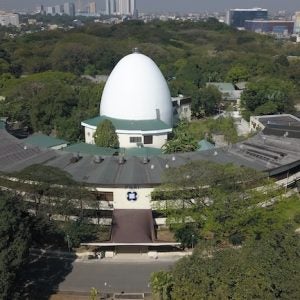 A ruling by Belgium’s constitutional court could mean the Doel nuclear power units have to close down three years earlier than the government planned.
A ruling by Belgium’s constitutional court could mean the Doel nuclear power units have to close down three years earlier than the government planned.
Doel 1&2 are 433MWe pressurised water reactors, which started operating in 1975. They were scheduled to close after 40 years of operation.
However, in 2015 the Belgian government passed a law to extend the lifetime of the reactors by a decade.
The Court has now ruled that law is unconstitutional, following a case brought by environmental organisation: Bond Beter Leefmilieu and Inter-Environnement Wallonie.
The Court said the adoption of the law should have been preceded by an environmental impact assessment and public consultation.
Although the ruling effectively suspends the 2015 law, the court said it would allow it to remain in force until the end of December 2022.
For Doel 1&2 to keep operating, the government must by that date commission an environmental assessment report, launch a public enquiry procedure, and draft a new law which will need parliamentary approval.
To further complicate matters, the government will also have to discuss the issue with the Dutch authorities, as Doel is near the border with the Netherlands.
Plant operator Engie Electrabel said it had taken note of the court’s decision, and pointed out that the company has already invested €700 million in upgrades to keep the two reactors operating.
The work are currently being finalised and Electrabel plans to restart Doel 2 on 11 April and Doel 1 on 16 May.
Belgium has seven nuclear power reactors – three at Tihange near Liege and four at Doel near Antwerp – with a combined installed capacity of 5.9GWe. Belgium has decided to phase out nuclear power by 2025.
Figures from Belgium's grid operator, Elia, show that 48.8% of the power generated in Belgium in 2019 came from nuclear plants.
Elia estimates that some 3.9GW of new power generating capacity will be needed to compensate for the country's nuclear phaseout in 2025.
Photo: Doel nuclear plant






